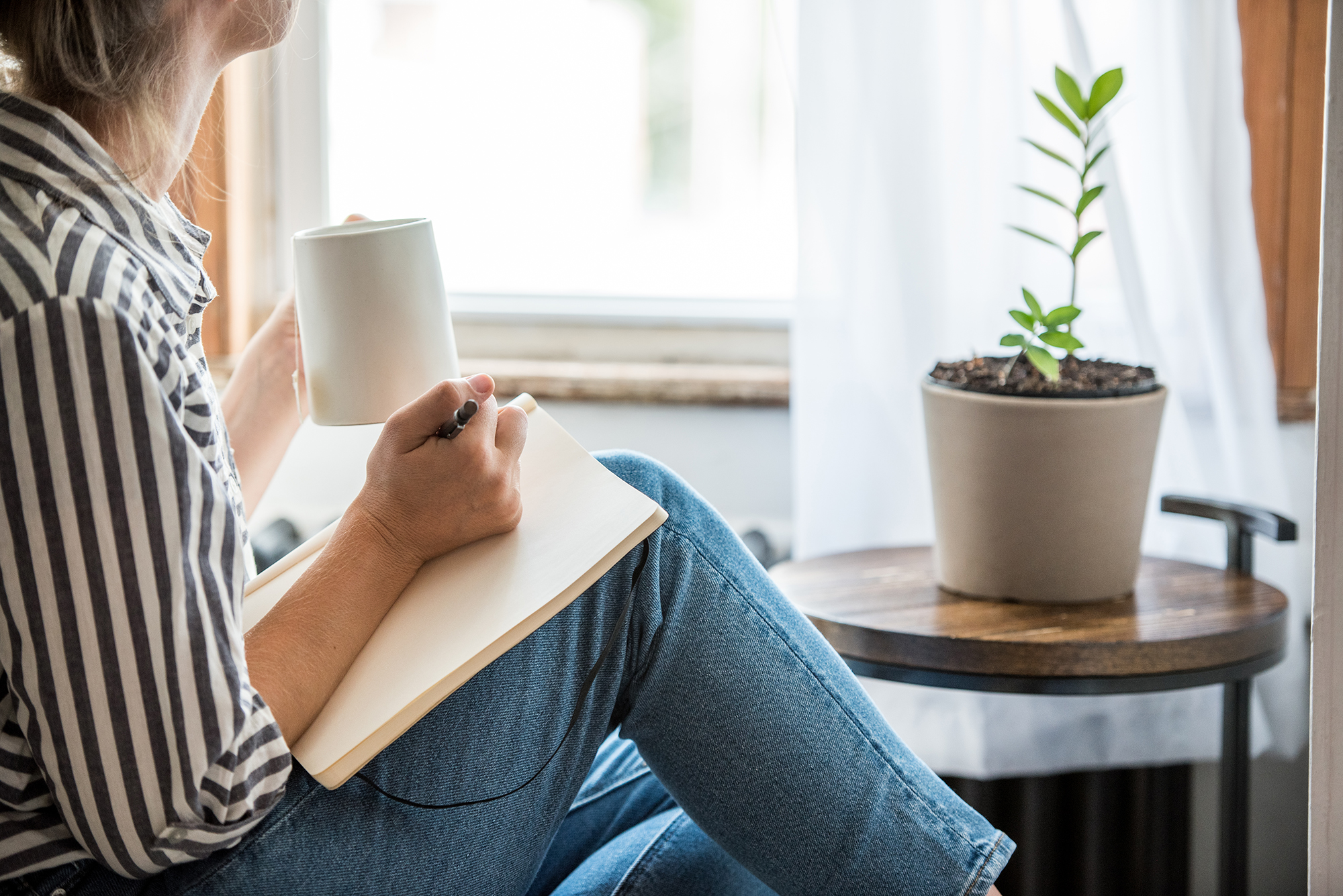Looking after your mental health during Covid-19

The current pandemic may be having some impact on your mental health and wellbeing. You might be worried and anxious about how Covid-19 will affect your life and daily routine or because you are self-isolating as you, or someone you live with, has shown symptoms. While this may be a difficult and stressful time, there are some simple things you can try and do that can help your mental health and wellbeing. It is important to remember that it is okay to feel the way that you do and that everyone reacts differently.
Find ways to fill your time
It’s easy to get bored when you’re stuck indoors so it’s important to find ways to spend your time. You could try having a clear out by sorting through your possessions and putting them away tidily or have a spring clean. You could also have a digital clear out by deleting old files, upgrading software, updating all your passwords or clearing out your inbox.
Try to keep active
If possible, build physical activity into your daily routine. It could be something as simple as cleaning your home, walking up and down the stairs or dancing to music. Mental and physical health is linked to one another and when we feel good physically, we tend to feel more positive and better about life. When we exercise, chemicals such as serotonin and endorphins are released which help to naturally stabilise and lift our mood and improve our sleep.
Get as much sunlight, fresh air and nature
Bringing nature into your everyday life can benefit both your mental and physical wellbeing. It can improve your mood, reduce feelings of stress or anger, and make you feel more relaxed. If you can, go outside for a walk and take in the sights, smells and fresh air. However, it is possible to get the positive effects of nature while staying indoors at home. You could try:
- Spending time with the windows open to let in fresh air
- Listening to natural sounds, like recordings or apps that play birdsong, ocean waves or rainfall
- Spending time in your garden, if you have one, or opening your front or back door and sitting on the doorstep
- You may be able to buy seeds, flowers or plants online for delivery, to grow indoors. If you order items for delivery, remember to ask to have them left at your doorstep, to avoid face-to-face contactIf you have safe access to a garden, you could bring home some natural materials like leaves and tree barks to decorate your living space.
Keep your mind stimulated
- Keeping your brain occupied and active are important aspects of brain health. By challenging your brain, it increases its vitality. Here are some activities you could do daily to stimulate your mind:
- Read books, magazines and articles
- Listen to podcasts
- Complete puzzles, crosswords or Sudoku
- Learn a new language or a new skill
- Enrol in an online course on Futurelearn or the Open University
Find ways to relax and be creative
Engaging in artistic activities helps reduce stress and anxiety and has been shown to alleviate symptoms associated with depression. There are lots of different ways that you can relax, take notice of the present moment and use your creative side.
Why not try:
- Arts and crafts, such as drawing, painting, collage, sewing, craft kits or upcycling
- DIY
- Meditation
- Playing a musical instrument, singing or listening to music
- Writing
Get a good night’s sleep
You may find yourself struggling to get to sleep because of anxiety or worry about the current situation. However, it’s important that you get a good night’s sleep as it makes a difference to how we feel mentally and physically.
Try to maintain a regular sleeping pattern and keep up good sleep hygiene practices such as avoiding screens before bed, cutting back on caffeine and creating a restful environment.
Take care with news and information
It is important to stay connected with current events but remember to be careful with where you get your news and health information from. For up-to-date health advice, see the NHS coronavirus webpage and the GOV.UK coronavirus webpages.
If news stories and social media content makes you feel anxious or confused, try limiting the amount of time you spend online.
This story was originally published in the Spring/Summer 2020 Community Living Well magazine. It has been edited for website purposes. Subscribe today to receive mental health and wellbeing tips straight to your inbox, four times a year!
Refer to the Community Living Well service here.
Author: Michelle Jackson
Posted on: 9th June 2020



